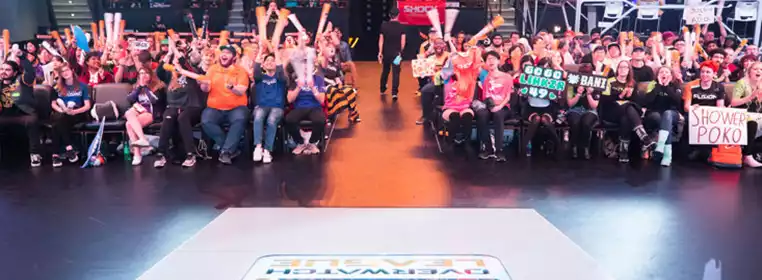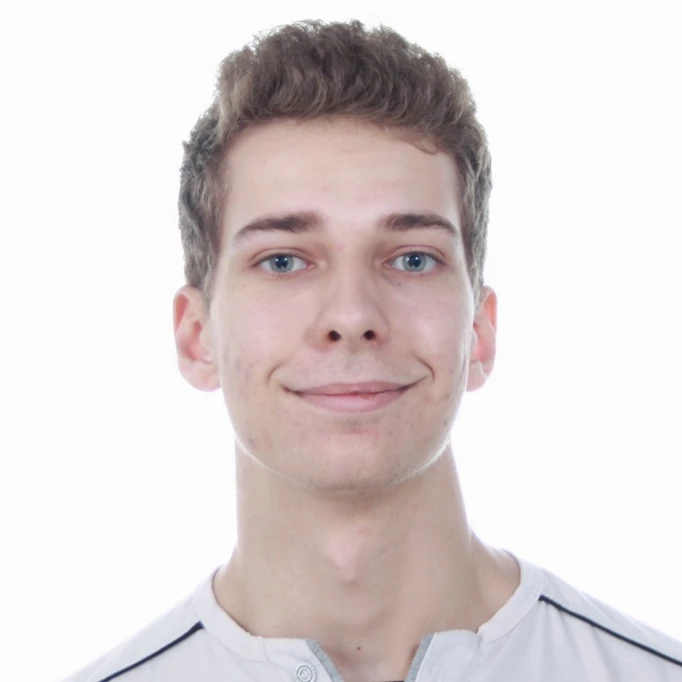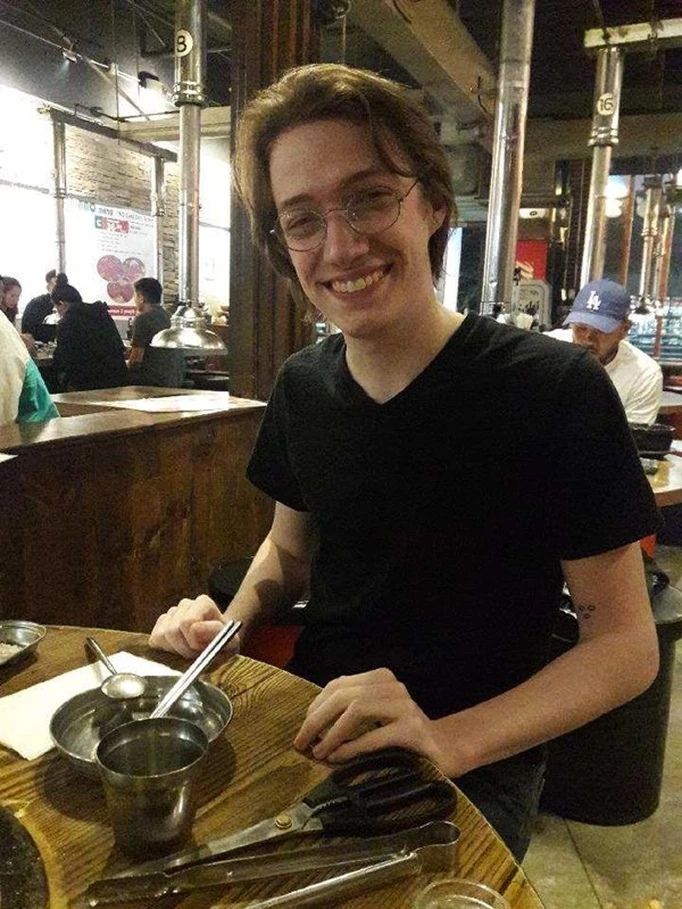Communication is Key – Learning a New Language in Overwatch

Learning another language can be tough, and there are many reasons why someone would choose to learn. Whether due to emigrating, work, or simply for fun, the decision to pick up a new language is one that comes with a huge amount of dedication, motivation, and work.
When it comes to esports, and Overwatch, in particular, Korea is dominant. The temptation to learn Korean to get ahead is one that many players and coaches share, in an effort to remain ahead of the game, and jump at the chance for new opportunities within the Overwatch scene.
Overwatch has enjoyed great success in Korea, and many would attribute this to its worldwide success. Gaming cafes in Korea surpassed even the giant that is League of Legends for a while, and thus OGN’s esports tournament APEX was born.
Many of the prominent teams in OWL are either fully Korean, or mixed teams, such as the likes of New York Excelsior, San Francisco Shock, and the Florida Mayhem.
We talk to Cas "Casores" van Andel, the head coach of Young and Beautiful, an EU contenders’ team, as well as Houston Outlaws coach Chris "Dream" Myrick, and their tutor Sophie Ahn, a Korean professor at USC, and THE teacher for Overwatch players and coaches.
Why Learn Korean?
There are a myriad of reasons why a select group of people within the Overwatch community are making the choice to learn Korean. Communication is high on that list.
Casores, for whom Korean will be his fourth language, describes his decision to begin learning Korean as a personal project, as he wanted to be able to talk to his players about technical topics, but couldn’t quite find the words…
“So I actually started learning some Korean last year when I was with the Atlanta Reign, because I felt I had communication issues with the Korean players because I was a one-on-one coach with them, I was a personal development coach, and doing everything through translation, especially when you’re going over small micromechanics in the game of Overwatch, it becomes very hard.
It takes a ton of time, it’s not as productive so that’s why I thought “hey learning Korean would be a very good step to being able to work better with these players.”
Casores also makes a point about Korean dominance in Overwatch, and why this influenced him, and could very well help his career in the future, saying “obviously, 60-70% of the Overwatch League is Korean right now, so it’s really beneficial in my eyes to learn Korean. Also, I’m still pretty young, I just turned 23, so if I want a career in esports for the long run, doing something like this, where Korea has always been a mainstay in every single esport, is very beneficial for my future as well, because there are coaches and managers getting picked up for teams just because they are bilingual. It’s a big add to their skill set.”
Whereas Dream cites that his Overwatch career wasn’t exactly his reason for beginning to learn the language, and instead says he has “been into esports for a long time, but I also really enjoy Korean film and that’s what got me interested initially.” Dream also brings up the League of Legends scene, highlighting the difference wherein “a game like LoL, the import rules highly encourage Korean players to learn English, in OW that's not the case, so mixing teams where Korean players and staff make up 50 or more percent is a lot more prevalent.”
Sophie, who has been teaching Korean since 2009 (“even before Overwatch League started”), thinks the fact her students come mainly from Overwatch is due to Korea being a “big part of the esports industry”, and is delighted at the fact that so many English speakers want to learn her native language, telling us “I am happy to see that nowadays, more non-Koreans want to learn Korean. They want to understand and interact with their Korean teammates. I also found that they relieved stress by practising Korean – it’s just like killing two birds with one stone.”
Casores echoes his tutor’s sentiment about interaction with Korean teammates, stating “my end goal is really to be able to coach players in Korean. That’s very hard Korean because you have to be able to translate those micro and macro Overwatch concepts, and I think it’ll be very hard. I’m not in Overwatch League right now, that’s my goal, so I know I have to put in the work, and I think coaching Young and Beautiful, I stream a lot right now (mainly educational content), and doing this – it’s a heavy workload, but you always have to, in my opinion, do more work than your peers right?”

 Click to enlarge
Click to enlargeSo, is it just for team communication, or is there a greater desire to learn Korean for those in the Overwatch scene?
It can’t be ignored that the team communication element for Western Overwatch community members is the greatest pull when choosing to learn Korean, but does it go further than just their careers?
When asking Cas if his end-goal was to be fluent in Korean, or simply have enough tools at his disposal to do a good job, he explained exactly why he wanted to learn the language, and be the best he could be.
“It really depends on the environment I end up in, if I end up in a full Korean team because my Korean becomes so good and I was to go day-to-day, I’d want to be super fluent. I definitely think the more fluent you are, the more comfortable these players will be being coached by you because they know “hey this guy’s putting in the effort”. I feel like coaching, a lot of the time isn’t about the game, 90% of the time is creating an environment that your players can thrive in and are motivated in, I think that is undervalued in esports right now. I feel like there is a lot of coaches that know a ton about the game, but there are not as many coaches that know a lot about human psychology and I’m not claiming that I know everything, but I do think the most important thing is team culture, the motivation of your players, and the atmosphere in the team. Shock, for example, has this down to a tee, where everybody knows “we have to grind or we’re gonna suck” and I think that’s very strong on a team.”
- Read More - Overwatch - A ''Rookie’s'' Game
Casores also understands the need to be able to simply talk to your players, and make their lives as easy as possible, even in the most stressful of situations.
“Imagine you’re a Korean player, who’s played in Korea all his life, and only played with Korean teams, and suddenly you get picked up by a Western team. You have to fly to America, you have to talk to your teammates in English and you can’t even understand half of what they say for the first few months – how would it be for those players to have a coach, and not just a translator, to be able to talk to in Korean. I feel like doing things through a translator is great, but it doubles the time of interaction. For example, you’re in a game of Overwatch, they [they player] wants to try a different strategy – they have to pause the game, explain to the translator what they want to do, then that translator has to talk to the coaches about what they would like to do, and then the coaches have to think and then tell the translator “yes”, “no”, or “why”, and you can imagine how awkward those interactions are on a day to day basis. So, it’s much easier if you have somebody that you feel “hey, they understand me, and because of them I can assimilate into the team better”.
For Dream, the answer about fluency is simply “yes, my end goal is to be able to speak the language as fluently as possible.”

 Click to enlarge
Click to enlargeThe workload of learning a new language (and what they learn)
The difference between Korean and English is as vast as the season score difference of the Toronto Defiant and the Shanghai Dragons so those deciding to take on a new language must immerse themselves in the culture, and be prepared to work very, very hard.
Both Dream and Casores are learning through Sophie, who is quickly cementing her place as THE Overwatch Korean tutor, and both have only good words to say about their favourite teacher.
When speaking of his experience learning Korean so far, Dream says “I very much enjoy my lessons. I can't study as much as I want during the season but Sophie is the best, she has great learning plans and is really understanding of the esports world and schedule.”
Casores agrees, even going on to explain that Sophie’s work with him, and her dedication, motivates him to do work outside of their teachings.
“My experience with Sophie has been great, and she’s worked a lot in Overwatch, and the good thing is she can talk about the game, so I can act like I’m trying to coach a player in the game when I talk to her, and that wouldn’t be possible with any other Korean teachers. Just having a tutor gives me somebody to show what I keep working on to, and she is really good at explaining the grammar. I take it upon myself to learn all the words and do exercises etc, so it’s very motivational to know “hey, this day each week I have to be better, I have to learn more Korean so I can show off and I can have better conversations in Korean with her”.
As for advice for those considering putting in the time and effort to learn Korean, Casores suggests that immersing yourself in the more dramatic areas of Korean culture also helps.
“A tutor is super good, but at the end of the day you only have that tutor for one or maybe two hours a week, and you’re not going to learn a language very fast that way, so I’m trying to put in at least one hour a day in workbooks, and next to that I try to watch K-dramas because hearing the language too helps you learn.”
It must be pretty fun to teach all these young and eager gamers a new language, and Sophie definitely agrees.
“I have been teaching Korean since 2009 in colleges, however, Overwatch players, coaches and staff members have different needs. They, of course, need to learn basic grammar and alphabets but the goal is to interact with people and understand their Korean teammates. It’s more fun to accommodate their needs by switching some words from 기숙사 (dormitory) to 숙소 (team house), 도서관(library) to 연습실(practice room/facilities), 시험(exam) to 경기(matches), 친구(friend) to 팀원(teammate), and adding some words such as 궁(ultimate), 초월(transcendence) and etc. This is challenging but this is also more fun because I have to learn something new as well. Another challenging but fun part is that I have to use their reaction time instead of utilizing traditional education methods such as reading and writing. They are so quick to listen and repeat what they have just heard. Most of them did not study steadily during school, so if I asked them to “open the book” and “read aloud and translate”, I found they lost their interest or they found it difficult to concentrate. What I tried with them is just to listen and copy what they have heard, and they are just great at it and can get more motivated in this way.”
And before you ask, yes, Sophie has played Overwatch but describes her experience as “I tried Widowmaker a couple of times, but I just had to give up. I am so bad at it, which frustrated me a lot, even though the game was so fun and addictive!”
So, what about the schedule? Well, for Sophie, it’s a lot more stacked.
“I have 3 teams on the East Coast, 2 teams in Texas and 1 team on the West Coast. We usually start our lessons after scrimmages, which is around 6-7pm. Since I reside in the West Coast, I start lessons in this order 1) around 3-4pm with East Coast teams first, 2) 5-6pm with Texas teams and 3) after 7pm with the team in the West Coast. On weekends, I even have a lesson with a coach in Europe in the morning. This turns out very well. With online courses, I can teach anyone, anywhere in the world. I started teaching some esports fans as well thanks to this virtual class setting.”
Casores’ calendar is a little more relaxed, but as he mentioned earlier, learning alone as well as being tutored, is the best possible way to succeed in your learning.
“We have lessons once a week, one hour, and she has a PowerPoint presentation where she goes over what we learned last time, a little bit of recap, a little bit of application of what we’ve learned. Then we go into new stuff, mostly grammar, and we have conversations. And then next to that I try to learn as much vocab alone as I can, and I watch the K-dramas and I do a workbook called “Integrated Korean”, I’m on the second book right now.”
Hard Work Pays Off
It's safe to say with Korea at the helm of the Overwatch ship, anyone choosing to climb aboard and learn their language is guaranteed safe passage into the esports career of their dreams within OWL and beyond. Esports history tells us that there will always be strong Korean players in the games that the culture cares about, and joining that success is worth the time and effort to be able to connect through a shared language.
Images via Blizzard Entertainment